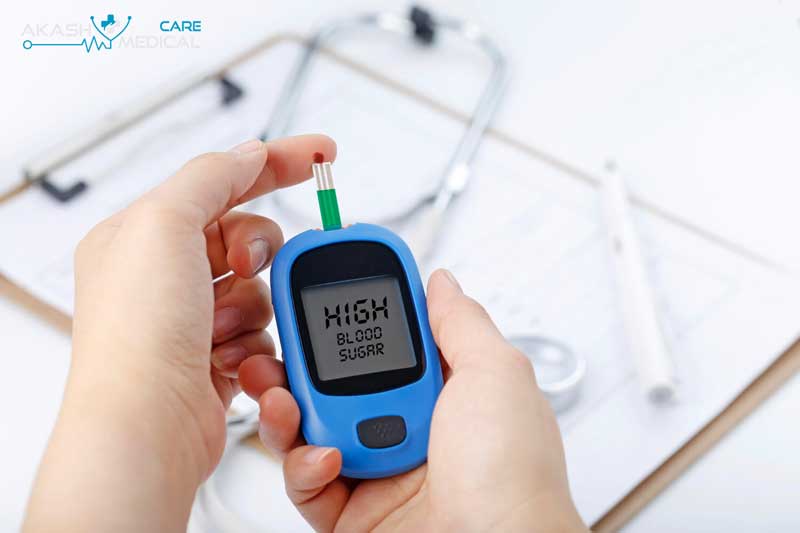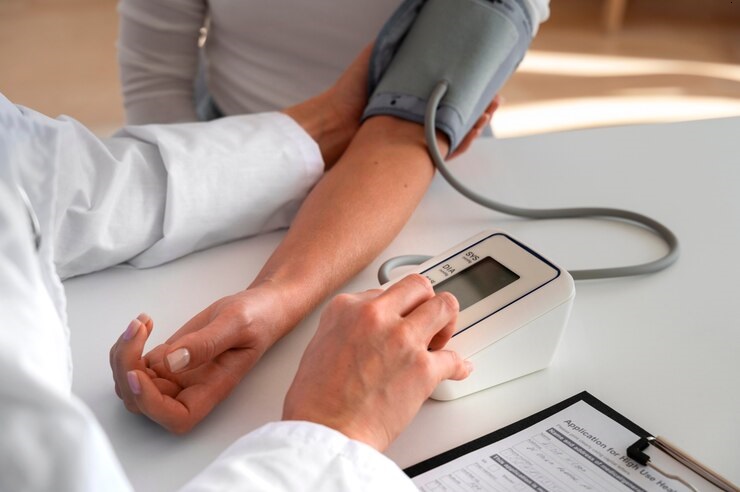Here's a step-by-step guide to help you choose the appropriate medical care

If you do not have a primary care doctor or cannot find an appointment in time, there are still other options for receiving medical care. Here are a few alternatives:
Urgent Care Centers:
Urgent care centers are a great option for non-life-threatening illnesses or injuries that require prompt attention but do not require a visit to the emergency room. They provide a wide range of services and are often open during extended hours, including evenings and weekends. You can walk in without an appointment, and the wait times are usually shorter than in the emergency room.
Retail Clinics:
Many pharmacies and retail stores have in-store clinics staffed by nurse practitioners or physician assistants. These clinics offer basic healthcare services such as vaccinations, minor illness treatment, and preventive care. Retail clinics are convenient and often have extended hours, making them a good choice for minor health concerns.
Telemedicine:
Telemedicine or virtual care has become increasingly popular and accessible. Through telemedicine, you can consult with a healthcare provider remotely using video or phone calls. It allows you to receive medical advice, diagnosis, and even prescriptions from the comfort of your home. Many insurance plans now cover telemedicine visits, and there are also online platforms that offer telemedicine services directly to consumers.
Walk-in Clinics:
Walk-in clinics, also known as walk-in medical centers, provide on-the-spot care for minor illnesses and injuries. They are similar to urgent care centers but may have more limited services. Walk-in clinics are typically operated by nurse practitioners or physician assistants and can be found in various locations, including standalone facilities or within pharmacies.
Remember, if you are experiencing a life-threatening emergency, it is crucial to call 911 or go directly to the nearest emergency room. For non-emergency situations, consider the alternatives mentioned above based on the severity of your condition and the available resources in your area.
Urgent care centers are well-equipped to handle common, non-life-threatening illnesses and injuries. If you require care within 24 hours but it's not an emergency, visiting an urgent care center is often the best option. These centers offer a wide range of medical services, including vaccinations, lab work, and treatment for various conditions. They are typically open late or on weekends, providing convenient access to care.
At an urgent care center, you can usually be seen as a walk-in patient without needing to be an existing patient or make an appointment, as long as there is availability and your symptoms can be treated there. This makes urgent care a convenient and efficient choice for prompt medical attention.
Some examples of conditions that can be treated at an urgent care center include:
- Stitches for a clean cut
- Treatment for simple fractures
- COVID-19 testing
- Allergic reactions
- Minor cuts, burns, bug bites, or animal bites
- Cold and flu symptoms
- Pink eye (conjunctivitis)
- Sinus infections
- Sore throats
In addition to these services, many urgent care centers also offer COVID-19 and flu vaccinations. Getting vaccinated against the flu and COVID-19 is crucial for protecting yourself and others from these illnesses. The Centers for Disease Control and Prevention (CDC) recommends that everyone aged 6 months and older receive a flu shot every season, with rare exceptions.
To summarize, if your condition is not life-threatening but requires prompt care within 24 hours, consider visiting an urgent care center. They provide a wide range of medical services, are often open outside of regular business hours, and can be more cost-effective and time-efficient compared to going to the emergency room.










